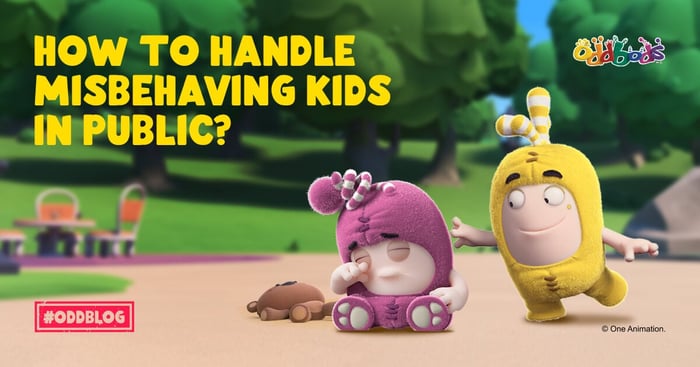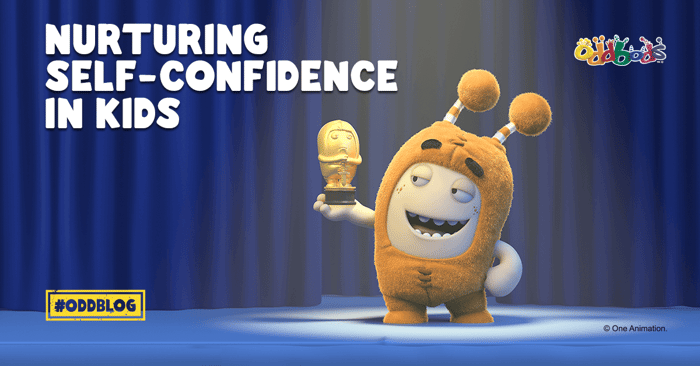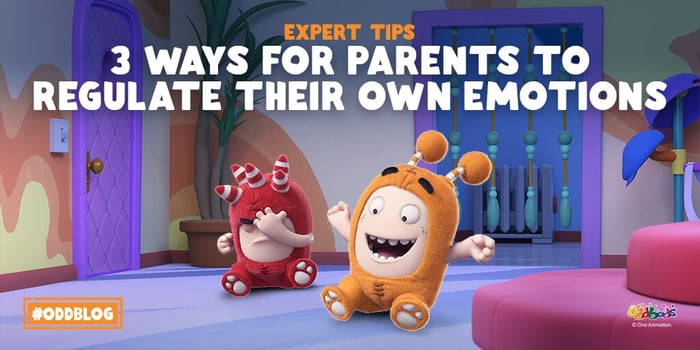Don't judge me! One moment you're happily out shopping with your toddler, the next, you feel like you're standing in the dock accused of being the worst parent in the world. Your child has raced from smiley to cranky in 2.5 seconds flat, lying on the floor, arching their back and yelling that they want a chocolate bar and a dinosaur toy they just spotted. "I want it NOW!" they bellow, as you consider for a nanosecond moving to the next aisle in the store and pretending it's not your child.
In your mind, everyone in the store is rolling their eyes and wagging their fingers at you. Maybe the charges are justified, you start thinking.
But relax. You're not guilty! And your child is innocent too.
This article will help put your mind at rest and offer some tips for handling children's misbehaviour in public.
Misbehaviour is normal
Crankiness and misbehaviour in social situations that we feel are inappropriate can be frustrating to watch. And while it’s developmentally appropriate for children to have meltdowns and experience big emotions , it can also be nerve-wracking and stressful whenever they happen in public. Worse, when you’re the only caregiver around and you have somewhere to be in the next two minutes. You swear to never bring them out ever again.
You’re not alone because many parents have experienced the same.
How can you get creative in handling constant episodes of playfulness and “misbehaviour”?
Let’s talk all about it!
Why Do Children Misbehave?
Unable to use words to tell us how exactly they feel, children use their behaviour to communicate with us. Instead of telling us that they’re overstimulated, tired or hungry, kids choose instead to scream, cry, kick and hit. For the young toddlers who have not yet learnt how to verbalise, it gives a greater reason to throw a fit when trying to express themselves.
Instead of telling us that they’re angry, frustrated or overwhelmed by our instructions for them, they simply refuse to cooperate or retreat into their own world, ignoring everything you say. It doesn’t matter to children that you’re in public--they’ll unleash what they’re feeling anyway for everyone to see.
Good news is — as they grow older, children will learn how to self-regulate and express themselves better. Meanwhile, as a parent or caregiver, you’ll have to decode why your child is struggling so that you can help them to rebalance themselves and manage the situation before it gets worse. More importantly, recognise that it isin’t their fault they’re acting that way as this helps you manage your own emotions when handling that issue.
Handling tantrums and meltdowns in public is a rite of passage for every parent! (Photo by Ba Phi )
Here are some common reasons why your child may be misbehaving.
1. They’re too tired, sleepy or hungry — or all them combined!
It’s not always possible to plan outings around our children’s nap times or mealtimes. Or perhaps, your child really enjoyed exploring the park you brought him to but is now too tired to continue with the meal that you’ve planned at the restaurant.
While it’s very easy to blame the child for everything bad that he or she is exhibiting, sometimes parents can do a little investigative work to think of possibilities
2. They want only your attention
Kids crave connection and attention with their caregivers. We may get too swept up by our pressing schedules and long to-do lists that we forget to be fully present and connect with our children. It happens. If we miss their earlier cues, our kids may eventually throw a tantrum to send a huge call for our attention. And chances are, we’ll get even more irritated and distant because our thoughts are being disrupted.
3. They’re overstimulated or feeling uncomfortable with the environment
Some children need a longer time to adapt to bustling environments. For example, when we think of a Christmas market, we’re thrilled by the lights, the sounds, and the smells. But not your child. To them, throngs of people towering over them in a noisy and overwhelming place can feel intimidating and disorientating. Instead of saying that they need some down-time, they become clingy, cranky and uncooperative. 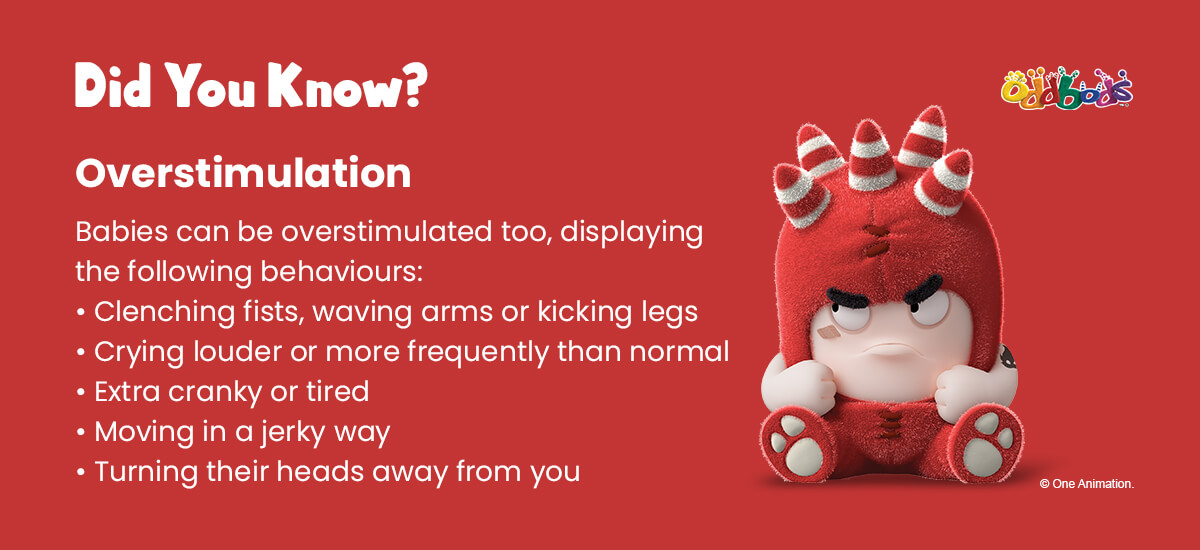
4. They’ve learned misbehaviour
Perceptive children may have learned that breaking the rules or throwing a tantrum is effective in getting them what they want. For instance, if they learn that their parents will buy them the coveted toy to quickly shut down their temper tantrum and avoid public embarrassment, they might do it again. It makes sense, right?
5. They want to exert power and control
As toddlers mature and develop a strong sense of self, they’ll want to exercise independence and have a say in their daily choices. Occasionally, this may manifest in misbehaviour when they try to assert control over a situation. This leads to a power struggle, possibly resulting in frustrated tears, kicks and screams.
It’s no fun when you don’t get a say, which is why power struggles sometimes occur between caregivers and young children who want some control. (Photo by Stephen Andrews )
How Can You Help Your Child?
With a better understanding of why your child could be misbehaving, you’ll be prepared with more tools on how to diffuse the situation and avoid ruining your day out. The key is seeing that your child is not trying to be “bad”--they just have trouble communicating the way adults do.
Here are a combination of tips to try the next time your little one has a meltdown in public and preemptively avoid the meltdowns before they occur.
1. Use kind words and a gentle tone when engaging your child
Your child may be more willing to share what’s bothering them if they feel assured that they won’t be judged or ridiculed. Approach them with genuine curiosity on how they’re feeling or what they’re thinking. You could ask them gently, “What’s wrong?” or “Are you feeling tired? Let me finish up here and then we’ll head home, okay?” When your child feels seen and understood, they may feel like they no longer need to misbehave to get their point across.
Often, what children crave is some genuine connection with adults they love and trust. (Photo by Katie E )
2. Stay calm and keep your temper in check
This is definitely easier said than done, but the indisputable truth is that getting angry won’t make the situation better. If your child is already struggling with self-regulation, seeing you get angry at them may make them more upset and thus intensify their meltdown, which may then agitate you further. Keep this in mind the next time your child is screaming and kicking. Count from 1 to 10 and take deep breaths before you respond.
3. Wait out the tantrum
If your child is putting on a massive show lying down on the shopping mall floor and spinning around, stay close by to make sure they are out of harm’s way and wait for them to be done. It may feel like forever but eventually the child will stop. As Janet Lansbury says, in that moment, the child is “in the middle of a storm”. He’s in it and he needs to move it out of his system. Plus, it may be logistically challenging for you to pick up your child while he’s thrashing and move him elsewhere.
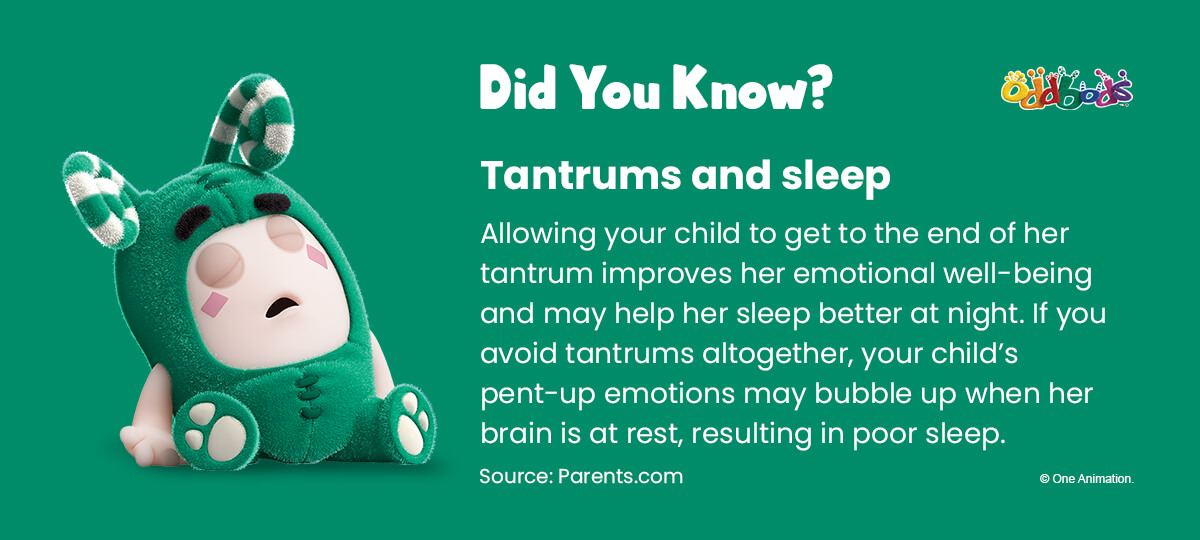
4. Foster cooperation with your children
There are several things you can do to have open communication with your child and foster cooperation with them. These include:
-
Giving your child a “heads up” of 15-, 10- or 5-minute before leaving a place.
-
Briefing your child about your plans for the day out so that they know what to expect.
-
Allowing your child to bring a book or their favourite toy with them when heading out.
-
Letting your child make certain decisions, such as choosing their outfits or deciding between your shortlisted options on what they can eat.
We can help our children to be more cooperative by communicating respectfully with them. (Photo by Sai De Silva)
By allowing them some independence and showing them some respect, they may be more open to behave cooperatively with you (although we don’t give you our word for it!)
5. Give reassurance of care and love, but remain firm
Acknowledge your child’s feelings with empathy is a way to let them know you care for and love them. Showing that you value their well-being develops their trust in you and makes them more resilient in uncomfortable situations.
However, it’s also important to remain firm. For instance, if there’s a toy they want that you have no intention of buying for them, you can acknowledge their feelings by saying something like “I see your tears. It’s okay to feel sad when I say no.” Then stay firm on your decision not to buy it for them, or your child will learn that meltdowns will get them what they want.
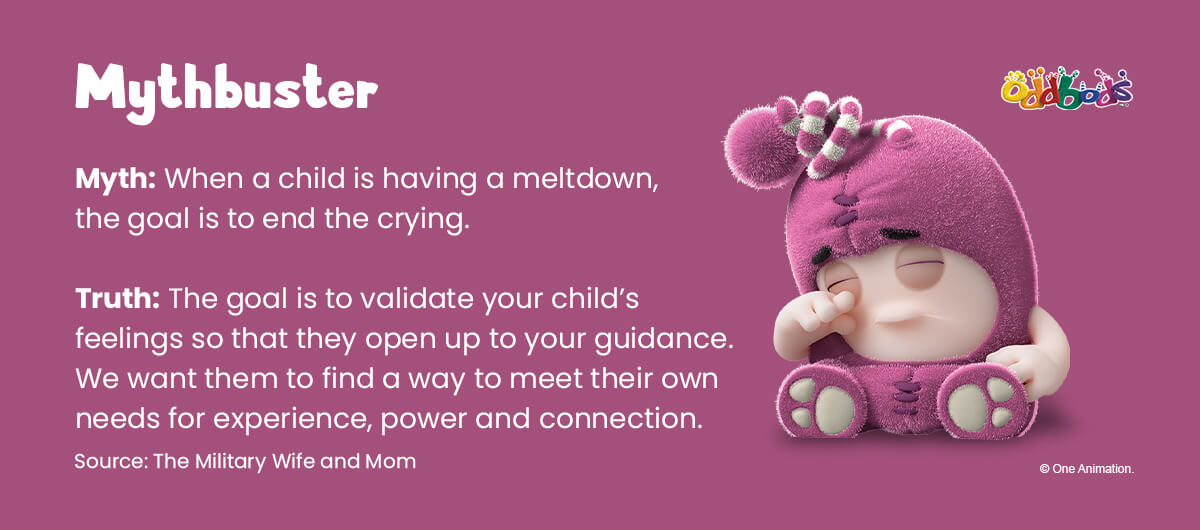
6. Study your child’s behaviour and look at them from a medical perspective
Occasional tantrums are normal and perhaps, a healthy sign that your child is growing more aware and independent. However, if you find that the tantrums are too frequent or are occurring even though your child has learnt to verbalise their feelings, you may want to explore other causes. Could they be experiencing anxiety or trauma, or exhibiting signs of autism spectrum disorder, attention deficit and hyperactivity disorder, etc? Speak to your child’s health care provider to have your child screened.
Shift Your Perspective on Misbehaviour
Ultimately, the key to dealing with misbehaviour is to focus on identifying patterns and symptoms. Most of the misbehaviour that they exhibit are involuntary and unintentional. Try to approach the situation with empathy and speak tactfully and respectfully to your children. Spanking, shaming and other types of punishments may not be effective tools, especially when children are too young to understand.
Remind your children that you’re their confidante; a loyal listening ear that will never get tired of listening to their problems. We’ll always be here to celebrate their Inner Odds! You can be an odd-some parent simply by shifting your perspective on misbehaviour and avoiding the “blame” mentality — and you’ll be off to a flying start!

